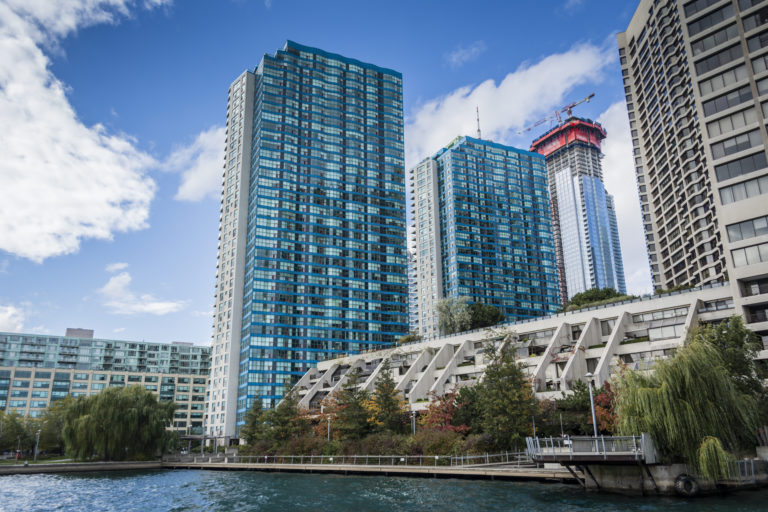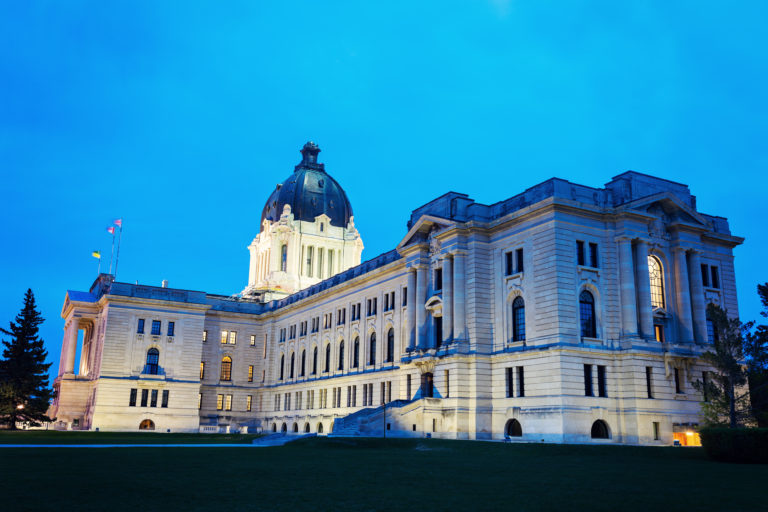Canada immigration news: The reason Ukrainian refugees will be allowed to come to Canada in “unlimited” numbers in two weeks from their war-torn homeland is that many of them will likely not stay here, says Immigration Minister Sean Fraser.
“One of the first things we heard from the Ukrainian-Canadian community is that the vast majority of the people who want to come to Canada don’t want to stay,” Fraser reportedly told CTV’s Question Period.
“If we learned anything about Ukrainians who are fleeing this conflict, it’s that they love their homeland and they want to go back when the war is over.”
Read More Canada Immigration News
Saskatchewan Reaches Out To Ukrainians With PNP Canada Immigration Draw
Unlimited Numbers Of Ukrainians Fleeing War With Russia Can Come To Canada
New Measures To Help Ukrainians Embroiled In War With Russia Come To Canada
Since the beginning of this year, Canada has welcomed roughly 6,235 Ukrainians to its shores.
That number is expected to skyrocket after March 17, the day Immigration, Refugees and Citizenship Canada (IRCC) is hoping to have its Canada-Ukraine Authorization for Emergency Travel pathway open.
Russian President Vladimir Putin declared war on the neighbouring country of Ukraine and quickly invaded on Feb. 24.
Ukrainians Fleeing War-Torn Homeland Hits 1.5 Million
It didn’t take long for the number of Ukrainians seeking safe refuge to reach alarmingly-high levels.
“More than 1.5 million refugees from Ukraine have crossed into neighbouring countries in 10 days – the fastest-growing refugee crisis in Europe since World War II,” tweeted Filippo Grandhi, the United Nations’ high commissioner for refugees, on Sunday.
On Wednesday last week, Grandhi tweeted that thousands upon thousands of Ukrainians were then trying to cross the border at the Moldovan village of Palenca, just outside of Ukraine’s southwest corner.
“Thousands of stories of separation, anguish, and loss,” tweeted Grandhi. “A difficult day, but much respect for the many dedicated Moldovan officials and people helping the refugees.”
The Russia-Ukraine war, declared by Russian President Vladimir Putin, is the biggest assault on a European state since the Second World War.
Watch Video
“I am inspired by the courage Ukrainians have displayed as they uphold the democratic ideals that we cherish in Canada,” says Fraser.
“While they defend themselves against Putin’s costly war of aggression, we will provide safe haven to those who fled to protect themselves and their families. Canadians stand with Ukrainians in their time of need and we will welcome them with open arms.”
Under the Canada-Ukraine Authorization for Emergency Travel, Ukrainians will be able to come to Canada, pending background checks and security screenings, and stay for at least two years, including extensions to that permit.
Ukrainians Coming To Canada Under New Pathway To Get Work Permits
All Ukrainians who come to Canada as part of these measures will be eligible to apply for open work permits, making it easier for employers to quickly hire Ukrainian nationals.
Until that pathway comes into effect the IRCC is encouraging Ukrainians to apply through all programs and reassuring them that theirs will be the first ones processed.
Canadian immigration announced last month that Ukrainians already in Canada on a temporary basis are now able to apply to extend their status as a visitor, student or worker.
Among the new immigration measures announced since the start of the Russia-Ukraine war are:
- a dedicated service channel for Ukraine enquiries that will be available for clients both in Canada and abroad at 613-321-4243, with collect calls accepted. In addition, clients can now add the keyword “Ukraine2022” to the IRCC Web form with their enquiry and their e-mail will be prioritized;
- urgent processing of travel documents, including issuing single-journey travel documents for immediate family members of Canadian citizens and permanent residents who do not have valid passports;
- an updated web page to provide current information on measures. This page will include content in Ukrainian for ease of reference;
- permission for Ukrainians currently in Canada to extend their stay or stay longer in Canada by prioritizing the renewal of work and study permits, and extending a policy that allows individuals to apply for a work permit from within Canada. This policy would allow temporary residents who receive a job offer to remain in Canada and start working while they wait for their work permit application to be processed, and;
- the issuance of open work permits to Ukrainian visitors, workers and students who are currently in Canada and cannot go home, so they can stay longer if they wish. Fees are being waived, retroactive to Feb. 22, for certain travel and immigration documents, such as Canadian passports, permanent resident travel documents, proofs of citizenship, visitor visas, and work and study permits.
Special Family Reunification Sponsorship Pathway For Ukrainians Coming Soon
Canadian immigration officials have also upped their game in Ukraine, relocating staff and moving additional supplies and equipment, such as mobile biometric collection kits, in anticipation of an increased volume of requests.
The IRCC has also adjusted operations in offices across its global network to ensure service continuity for Ukraine. Online options are available for most applications.
The IRCC is also planning to soon put in place a special family reunification sponsorship pathway for permanent residence for the immediate and extended family members of Canadian citizens and permanent residents who may want to start a new life in Canada.
Ottawa is working with the Ukrainian Canadian Congress to hammer out the details of that program and expects to unveil it in a few weeks.
“To the people of Ukraine, you have inspired the world with your courage and resilience, and Canada is here to support you,” the IRCC states on its website. “We are actively working to launch these measures and stand ready to welcome more Ukrainians to Canada.”



